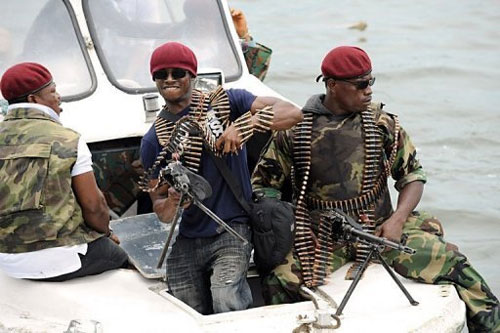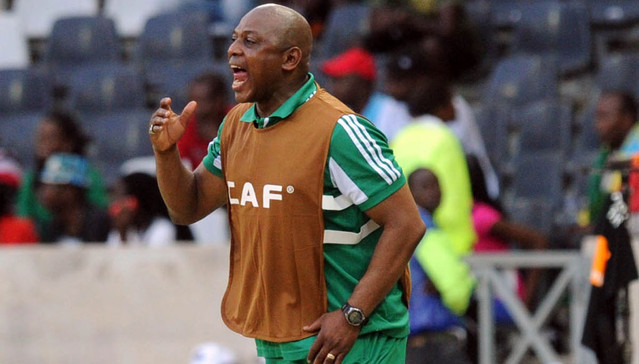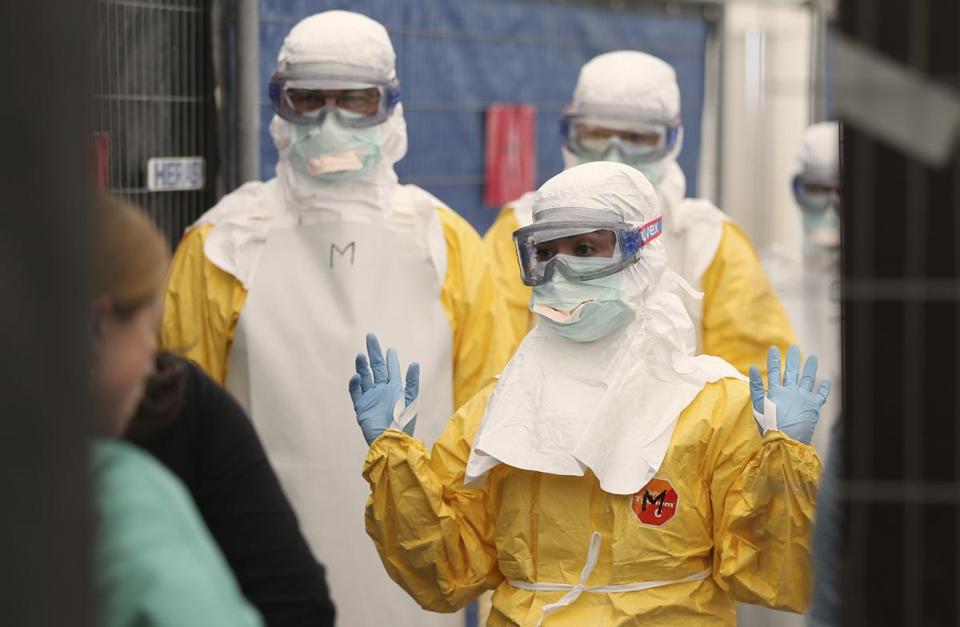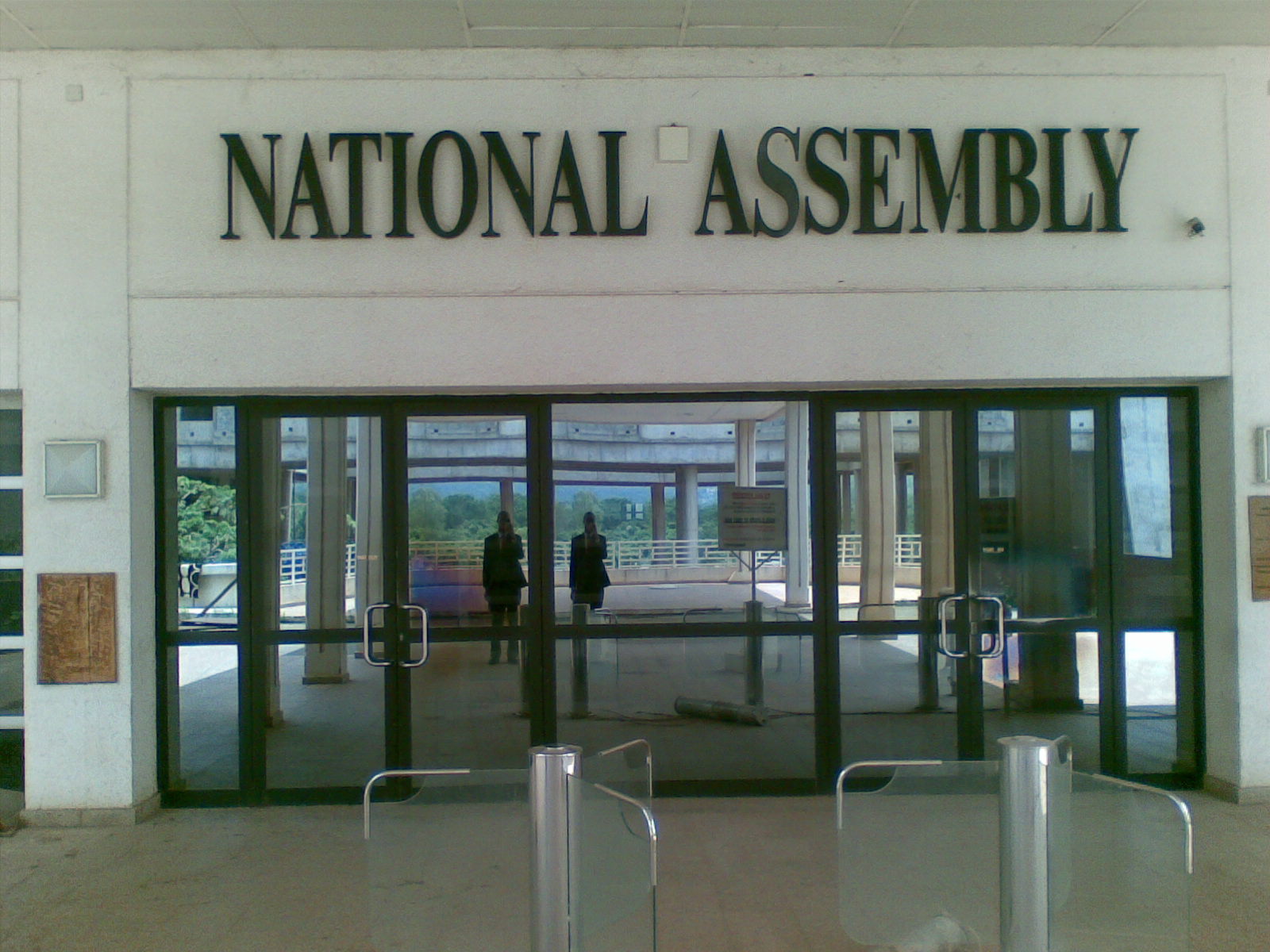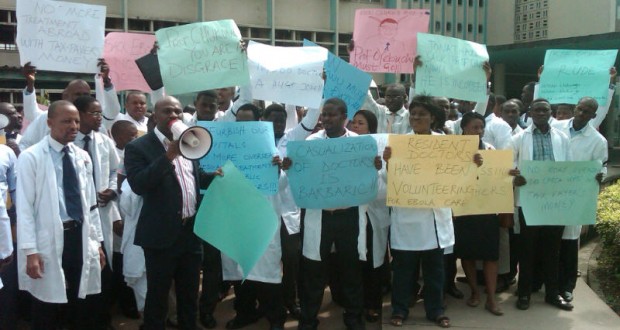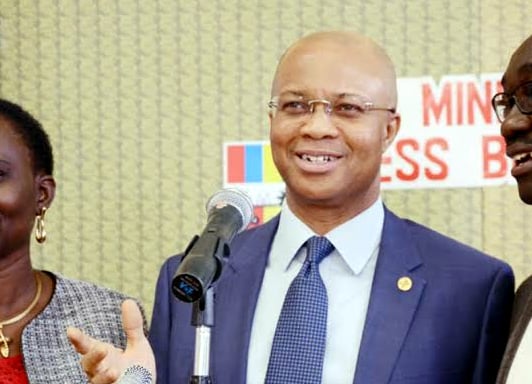What Niger Deltans don’t want to hear is that their own leaders are largely responsible for the problems facing the region. And what the government certainly does not want to hear is that restructuring could solve the problem.
As in most conflicts, truth is the first casualty.
In the early stages of the resurgence of violence in the Niger Delta – around the 1990s – the romantic tale was that the country’s dominant rulers, mostly northerners, had plundered the region’s oil to develop “their country”, with its capital in Abuja. It didn’t matter that in most elections held in the country for decades – credible or not – most of the core Niger Delta states had voted massively for the same conservative, “northern oppressors.”
The tale of the “northern oppressors” who gorged themselves on the oil of the south south remained very popular until the mid-2000s, when the government of former President Olusegun Obasanjo started publishing what state governments received monthly from the federation account, and later, Nuhu Ribadu’s EFCC began to follow the money.
Advertisement
What followed wasn’t a pretty sight. Around 2003 or so, I went to my hometown in Kwale, Delta State (population of over 60,000 people with over 55 proven oil wells), to give a lecture to young people who mostly wanted a better life anywhere, anyhow. I shared a copy of a newspaper which contained that month’s financial allocation to Delta State. It also contained what had been allocated to Ndokwa West local government (with Kwale as its headquarters).
At a time when N60 million monthly could have made a difference to the subsistent lives of hundreds of farmers through improved seedling, potable water, better roads or health facilities, the community had nothing to show for all the money, while the local government chairman was living like a prince. Of course he could spare the crumbs for those on his side and often fobbed off a few as “contract staff” to oil service companies in the town.
The vast majority, especially the young, however, for whom I thought the published accounts would be a watershed, appeared to see nothing wrong, much less see the need to challenge the squandermania. Instead, they preferred to drift anywhere, anyhow in search of survival.
Advertisement
By some estimates, the Niger Delta states received over N7 trillion between 2010 and 2014, with Rivers, Delta and Bayelsa, leading the pack. That money could have transformed the lives of 30 million people in the region whose past, present and foreseeable future has been blighted by soot, grease and filth. The money could have built schools, provided water, hospitals and paved roads. It could have lifted millions from poverty and secured their lives.
That did not happen. Instead the trillions of naira poured into the Niger Delta did something else. It created a new crop of political elite – governors who immediately invaded the black market after receiving their monthly allocation, which they converted to foreign exchange and transferred offshore; local government chairmen who bought mansions in Abuja in “revenge oppression”; local chiefs living like lords; and former militants like Tompolo, Dokubo and others who have private armies, jets and yachts. And these people insist that they are justified to live large. They even speak of injustice since what is at stake, anyway, is their money and their land.
In their sober moments, which are few and far between, they frame the argument more elegantly. They say that an irresponsible federal government has no right to ask indigenes of the Niger Delta how they are spending their money. Fair point. If two wrongs don’t make a right, then try a third.
In the years since the Niger Delta crisis escalated, the federal government has adopted three basic approaches – when money fails, try a new bureaucracy, and when that fails, use force. Unfortunately, each one appears to have left the region worse off, the only exception, perhaps, being the amnesty programme by former President Umaru Yar’Adua.
Advertisement
Sure, the amnesty programme was an improvement on the multiple intervention agencies, which had become unwieldy and useless, except as shells for thieves. But after $1 billion spent on 30,000 beneficiaries that largely excluded women and the silent majority, the amnesty programme began to falter on poor vetting and limited opportunities to reintegrate beneficiaries.
What now? President Muhammadu Buhari must embrace the very thing he’s running away from – restructuring the country. If the word, “restructuring” raises the spectre of secession, as it often does, Buhari’s abhorrence of it can only delay, but certainly not prevent it.
Yet, even that spectre is so farfetched it does not need to be as tormenting as it has now become. Boiled to its essence, restructuring simply means allowing communities and states to enjoy the first fruits of their resources with commensurate responsibilities, while they pay the appropriate taxes to the centre. It means Abuja shedding weight. Even though the sharp drop in oil price has severely cut the national revenue, there is still too much fat at the centre.
Were we to have a restructured federation today, the communities, states and oil companies would have led the way in evolving a broader peace-building strategy, with the federal government providing residual support. Instead of the communities turning on themselves, states conveniently looking the other way, oil companies looking after themselves and the federal government institutionalising criminality in the region by handing over oil assets to militants, peace and security would have been a shared responsibility.
Advertisement
Buhari must avoid throwing the baby away with the bath water. He needs to look at the conference report without further delay.
Goodnight, Keshi
Since Wednesday morning when the news of the death of former Super Eagles coach, Stephen Keshi, was announced, I have tried in vain to find out what could have happened to him. It’s not normal to die at 54. Some have said he never recovered from the death of his wife, Nkem, last year. Others have said the loss of his job combined with the death of his wife, was too much for him to bear. Probably. My guess is that he was struggling with a deadly health condition, which can – and should – be ascertained by autopsy. May his soul rest in peace profound.
Advertisement
Ishiekwene is the managing director/editor-in-chief of The Interview magazine and board member of the Paris-based Global Editor’s Network.
Advertisement
Add a comment

